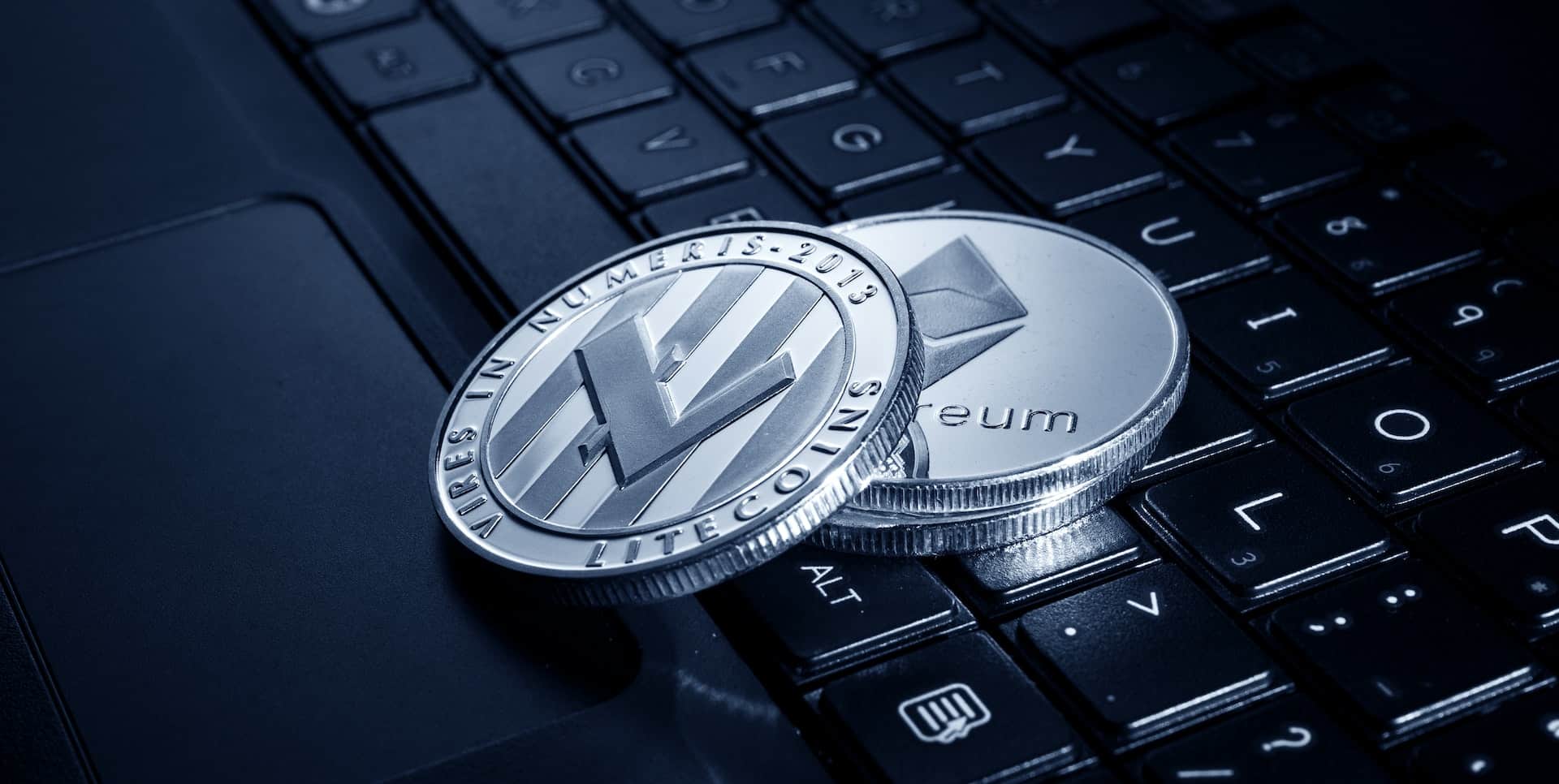To store Bitcoin and other cryptocurrencies, we need a digital wallet. The digital wallet can be accessed via the internet or is web-based. The digital wallet allows us to send and receive Bitcoins and other cryptos from any location.
Digital keys, digital signatures, and addresses are required to store or transact cryptocurrencies. These keys are your “bank account”. The private keys are stored in the wallet and are not accessible online.
The keys can be created independent of the protocols and managed by different wallet software. This article is not meant to cover all aspects of the technology. We will however address the basics of private key, public key and public address. A wallet actually contains key couplings that include both a private key and a public key.
A private key is a random number that uses one mathematical function to generate a publicly-accessible key. Because only the private key holder is allowed to send and sign transactions into the wallet, the private key is how cryptocurrencies are stored.
IMAGE: UNSPLASH
What Is The Difference Between The Seed And The Private Key?
You will need the private key to access and control your wallet. A private key is a combination of random letters and numbers. It uses a unique mathematical function to generate public keys, addresses, or keys. A sequence of 12-24 English words is commonly used to present the key. This sequence is known as the seed. You won’t have access to the wallet’s funds if you don’t have the private key. Therefore, it is important to backup your private key.
Are There Two Identical Private Keys Possible?
This question has been answered separately. The short answer is that it is very rare to have a chance of winning the lottery. This makes it almost impossible.
What Are Hot Wallets?
Hot wallets are digital wallets connected to the Internet. These wallets allow you to access your digital currencies quickly and easily. Most cutting-edge cryptocurrency tools like Bitcode Method have built-in Hot Wallets on their platforms, where you can save your crypto assets directly.
However, because they are always connected to the internet, there is the possibility of the wallet being hacked. This wallet is intended for everyday money, when there is high liquidity. Hot wallets should use a PIN password and second layer authentication (2FA) when necessary.
What Are Cold Wallets?
Cold wallets are wallets that are not, and have never been, connected to the Internet (offline) or have been created using a PC that was never connected to the network. Cold wallets have a high level of security for maintaining digital crypto assets. Therefore, cold wallets are recommended when storing large amounts of crypto assets. However, a problem arises because the higher the level of security, the less the liquidity and ease of use. In the cold wallets category, you can find paper wallets, brain wallets, and hardware wallets (HD) such as Trezor and Ledger.
However, it is important to note that the use of paper wallets and brain wallets also involves the risks of unprotected production, loss, or forgetfulness of the private keys. Therefore hardware wallets such as the following are recommended.
What Is A Deterministic Wallet (HD)?
A deterministic wallet is capable of recovering all derivative keys. This means that backing up the seed alone will be enough to restore activity to a new account. Hierarchical deterministic wallets are the next generation of wallets.
These wallets have keys in a hierarchical tree-like arrangement. A parent key can generate a sequence child keys that can then produce a series of “grandchild” keys. This creates an endless chain of key generation. The best thing about HD wallets is the ability to create a public address for every transaction without exposing private addresses. The holder can also track transactions from the tree for different purposes. It uses one-time addresses and does not expose the transaction activity.
Cybercriminals are targeting crypto-owners in an effort to steal their money, with the cryptocurrency market now worth trillions of USD. Many individuals have millions in crypto under their names, so it’s not surprising that high-security levels will be required to protect users against online attacks.
Private keys are used to authorize withdrawals from a wallet. These long lines of numbers and letters are used to digitally sign transactions and authorize withdrawals from a wallet.
IMAGE: UNSPLASH
If you are interested in even more technology-related articles and information from us here at Bit Rebels, then we have a lot to choose from.


COMMENTS